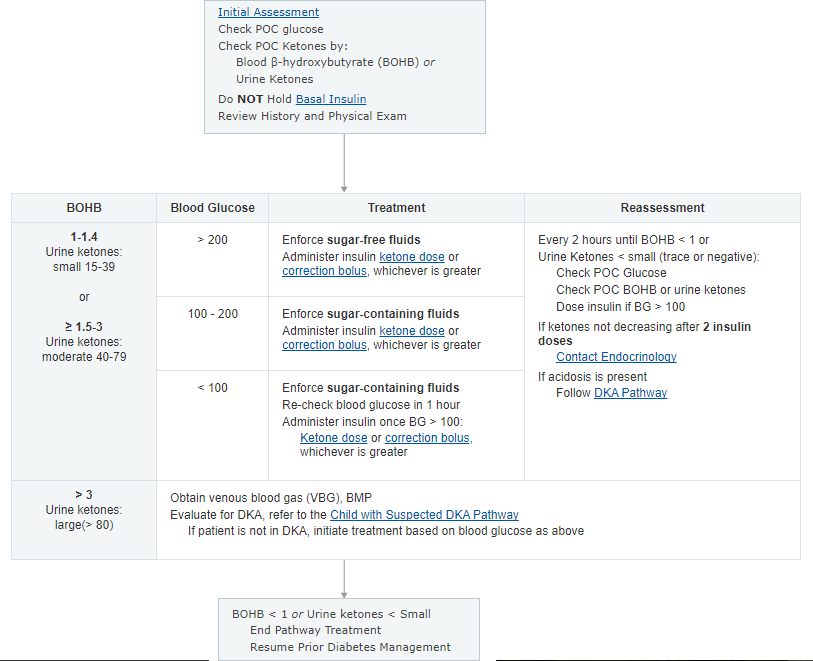Ketosis and Ketonuria Ketosis and Ketonuria may occur whenever increased amounts of fat are metabolized, carbohydrate intake is restricted, or the diet rich in fats (either “hidden” or obvious). This state can occur in the following situations: a. Metabolic conditions: Diabetes mellitus Renal glycosuria Glycogen storage disease (von Gierke’s disease)…
Tag: Endocrine system
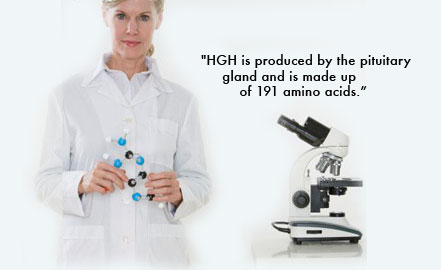
Human Growth Hormone – Elixir of youth?
Human Growth Hormone (HGH) also known as somatotropin is synthesized and secreted by the acidophilic cells of pituitary gland in response to Growth hormone releasing hormone (GHRH). HGH is a protein (peptide) hormone composed of a chain of 191 amino acids. HGH production is inhibited by another hormone known as…
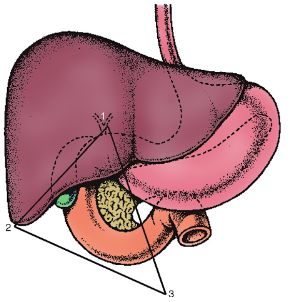
Gastrinoma (Passaro’s) triangle
Boundaries of Gastrinoma Triangle It is an imaginary triangle formed by 3 points in upper abdomen: Apex: Cystic duct-CBD junction Inferior point: 2nd part duodenum-3rd part duodenum junction Left lateral point: Pancreatic neck-body junction This area is located to the right of Superior Mesenteric Artery (SMA) i.e. Proximal duodenum and…
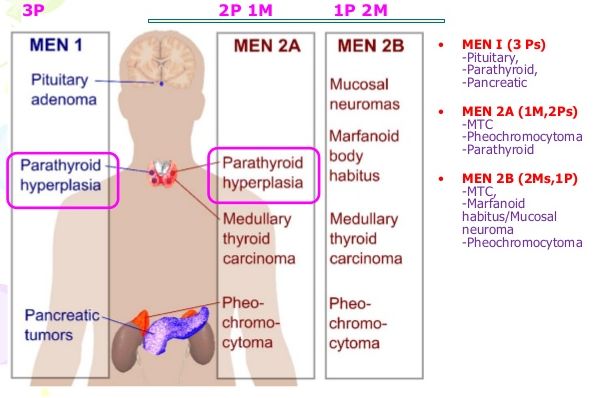
MEN syndrome : Mnemonics
MEN syndrome is an autosomal dominant (AD) predisposition to developing multiple endocrine tumors. Mnemonic: MEN are Dominant. Points to remember: MEN I or MEN 1 (Wermer’s syndrome) Mnemonic: 3 X P’s MEN IIA or MEN 2A (Sipple’s syndrome) Mnemonic: 3 X C’s MEN IIB or 2B (MEN III) Mnemonic: 2C 2M…
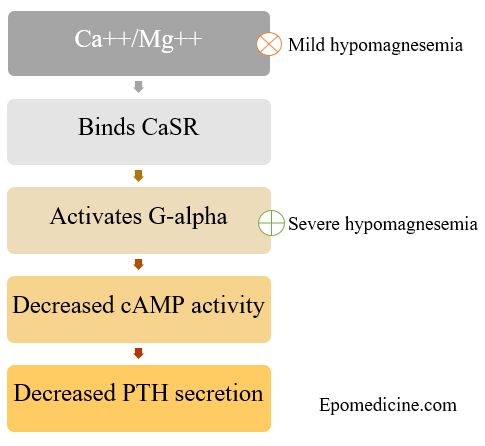
Why mild hypomagnesemia causes hyperparathyroidism and severe hypomagnesemia causes hypoparathyroidism?
You must have seen the statement in First Aid that says – low serum magnesium causes increase in Parathyroid hormone secretion and very low serum magnesium causes decrease in Parathyroid hormone secretion. Doesn’t this make you curious? Let’s explore the underlying mechanism in depth. How Calcium and Magnesium Mediated PTH…
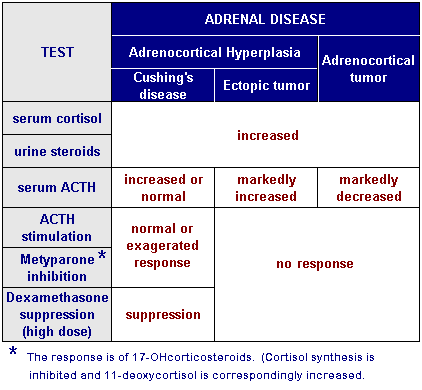
Understanding Dexamethasone Suppression Test
The Dexamethasone Suppression Test (DST) is based on the principle of negative feedback exerted by steroids on pituitary gland’s ACTH secretion. Negative feedback with exogenous steroid works if the cause is excessive ACTH secretion from pituitary: 1. Cushing’s disease (pituitary ACTH dependent Cushing’s syndrome): Excessive ACTH secretion by pituitary adenoma…
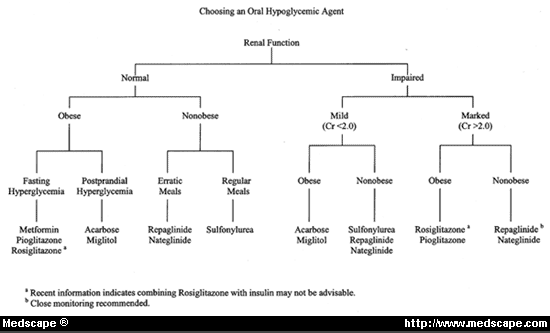
Approach to Uncomplicated Diabetes Mellitus : Simplified
A) GLUCOSE LEVEL 1. Post-prandial: 140-200 mg/dl: Impaired glucose tolerance (Pre-diabetes) Diabetes prevented with: weight loss, exercise, metformin (in high risk) ≥200 mg/dl (+ Clinical symptoms): Diabetes confirmed 2. Fasting: 100-126 mg/dl: Impaired fasting glucose (Pre-diabetes) ≥126 mg/dl (+ Clinical symptoms): Diabetes confirmed
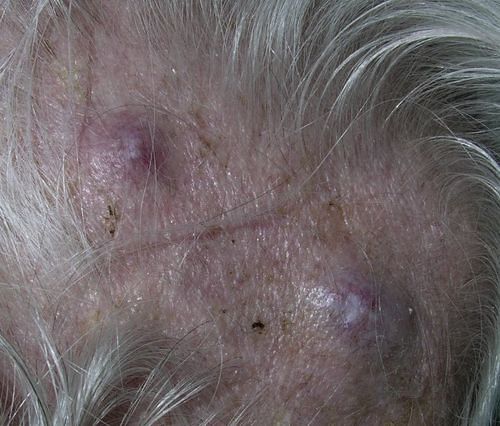
Cutaneous manifestation in thyroid disorders
Skin – Systemic Disease Connection “When a man has on the skin of his body a swelling or an eruption… and the disease appears to be deeper than the skin it is a leprous disease.” – Leviticus 13: 2-3 In ancient times changes in skin were taken to indicate the…
